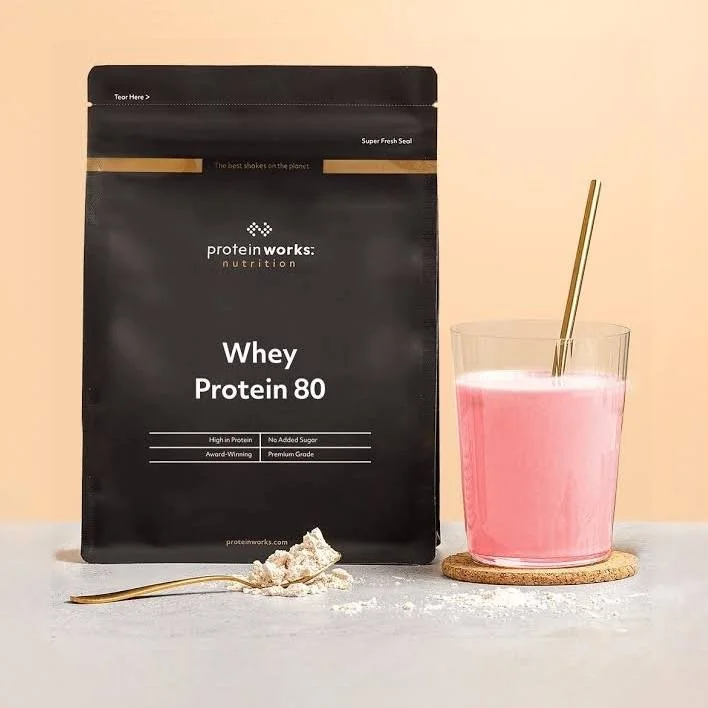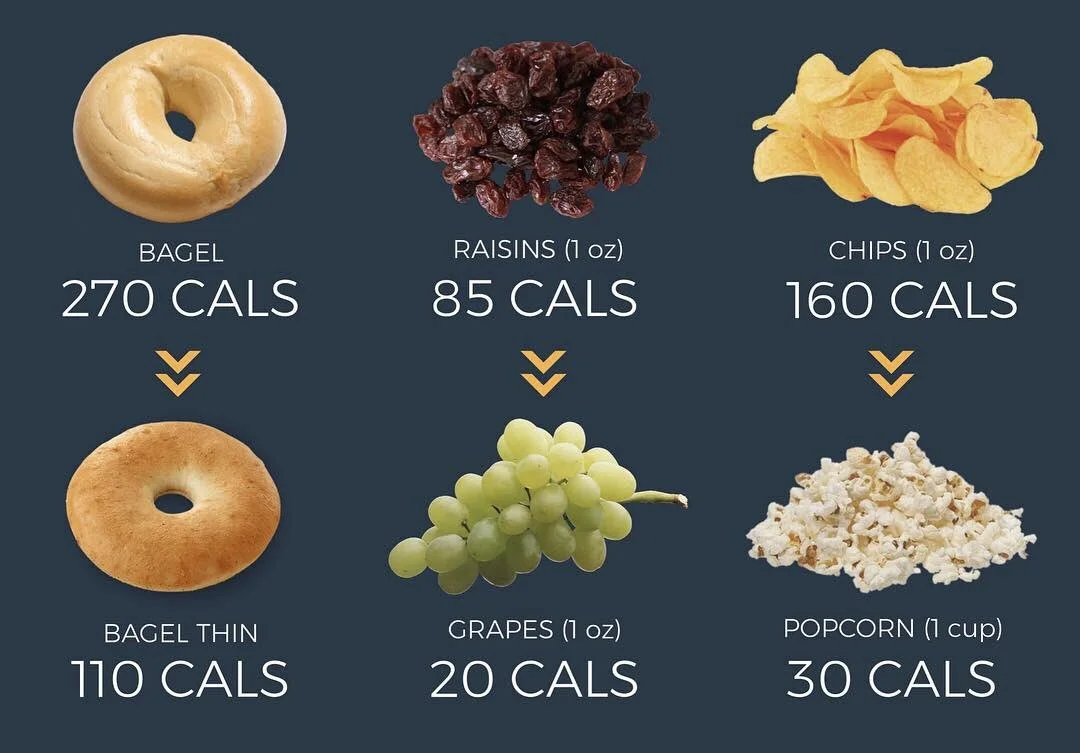Crash dieting, food swaps & fat loss without tracking
Crash dieting and repeated weight cycling will not “destroy your metabolism”
However what tends to happen when people do crash diets they commonly tend to not weight train and they don’t eat enough protein, this then causes them to lose muscle.
Then that person can rebound to the same weight as before BUT with more fat and less muscle.
If you do this year after year for a long period you’ve not “destroyed your metabolism” but it will have a negative effect on body composition and your metabolism.
Choose a different approach.
My advise
Do what you can to support your metabolism especially when you’re in a dieting phase! Do this by eating enough protein (minimum of 1.8g per kg of body weight) and resistance training.
It’s important when dieting to focus on these 2 factors as you don’t want to be losing muscle.
Muscle and fat both weigh the same however muscle is very compact where as fat is more fluffy & spread out.
Why muscle is so great:
It’s metabolically healthier, meaning it acts as a sponge to absorb carbohydrates/glucose from the bloodstream and it simply burns more at rest. To build and retain muscle you need to weight train and eat enough protein!
Muscle massively favours your body composition, giving you that ‘toned’ appearance. Aka you will look better.
How many calories do I need to cut out?
1lb of fat = 3500 calories
From the calorie amount you need to maintain your current body weight you will need to create a deficit of 500 calories per day for 7 days a week to achieve a 1lb of fat loss.
This will naturally plateau the more weight you lose, meaning you will need to create a larger deficit in order to lose more body fat.
Lose body fat without tracking
Tracking calories just isn’t an option for some, but the good news is you don’t have to track in order to lose body fat.
There are simple ways to reduce your calories which don’t involve tracking:
Reduce your eating window: e.g only eat between the hours of 10am - 6pm
Replace lunch with something smaller which is already calorie counted e.g a protein shake or a 0% fat greek yogurt pot.
Skip a meal e.g breakfast. Some people prefer not to eat breakfast and you don’t have to. It is an old myth that not eating breakfast slows your metabolism.
So skipping a meal will naturally bring your calories down.
If you are doing a morning workout then I would however refuel after this session to support your recovery.
Carbohydrate bunching - remove all of the carbohydrates from one meal of the day. This will naturally reduce your calorie intake.
Easily cut calories by making simple swaps and changes:
Fizzy drinks for diet drinks
Full fat yogurt to 0% fat yogurt
Add more satiating foods I.e. have protein with each meal
Include more vegetables to increase the volume of the meal
Reduce sugar intake - sauces, ready meals, swapping sugar for sweetness
(It’s not that sugar is bad for you, it's just that sugar tastes nice and it is easier to eat more of!)
What if I’ve got social events?
When it comes to calories it’s not just about your daily intake but more about your entire week's intake!
1500 calories per day = 10,500 calories per week
To still create a calorie deficit then do this one simple thing and …Bank your calories!
By this I mean if you know you’ve got a night out on Saturday which includes some drinks and a meal, leading to you easily consuming 1000- 1500 calories in one sitting.
Then drop your calories down earlier that day and the days leading up to the event.
This will ensure that you are still creating a deficit for that week which = fat loss!

